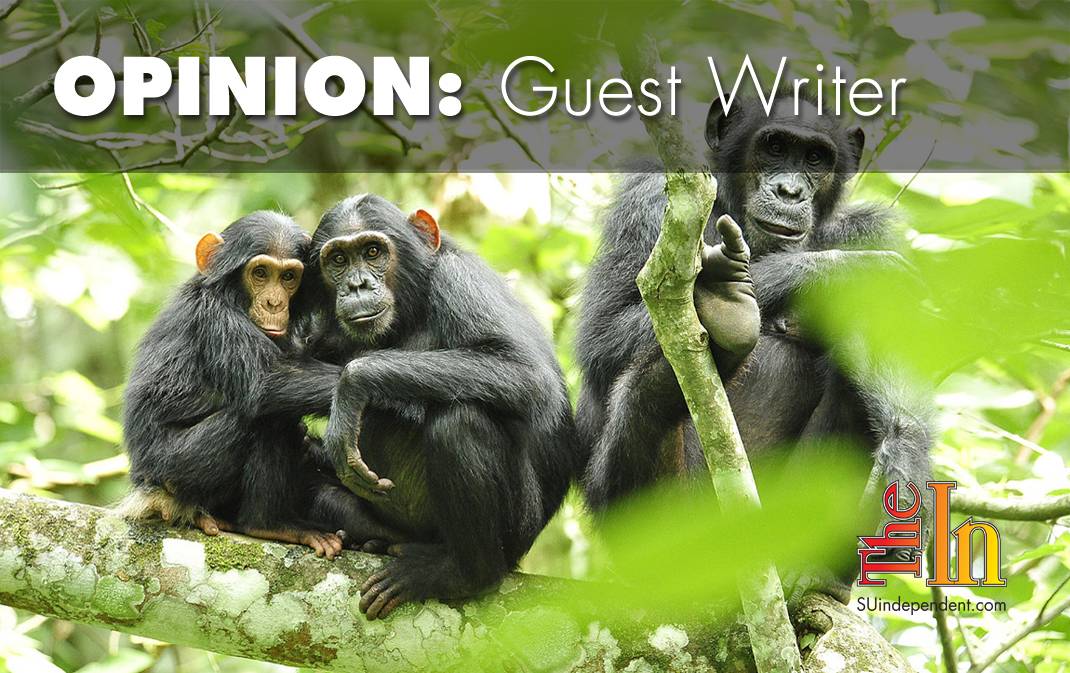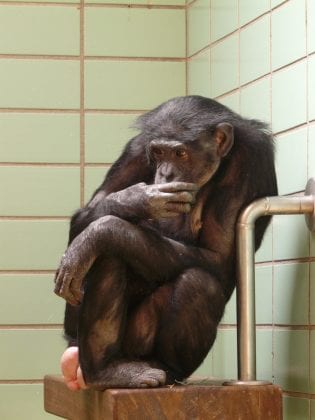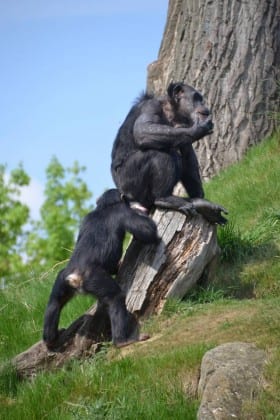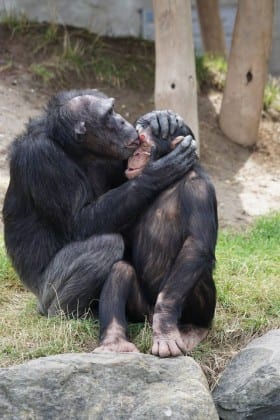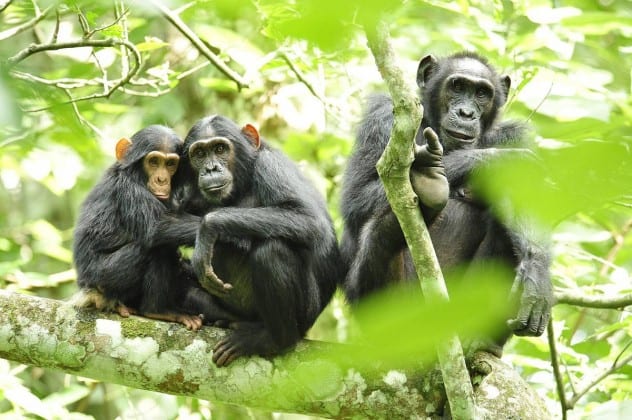Ebola is one of the world’s deadliest diseases. But it’s not just human beings who are at risk. In the past 20 years, Ebola has claimed the lives of one-third of the world’s population of great apes.
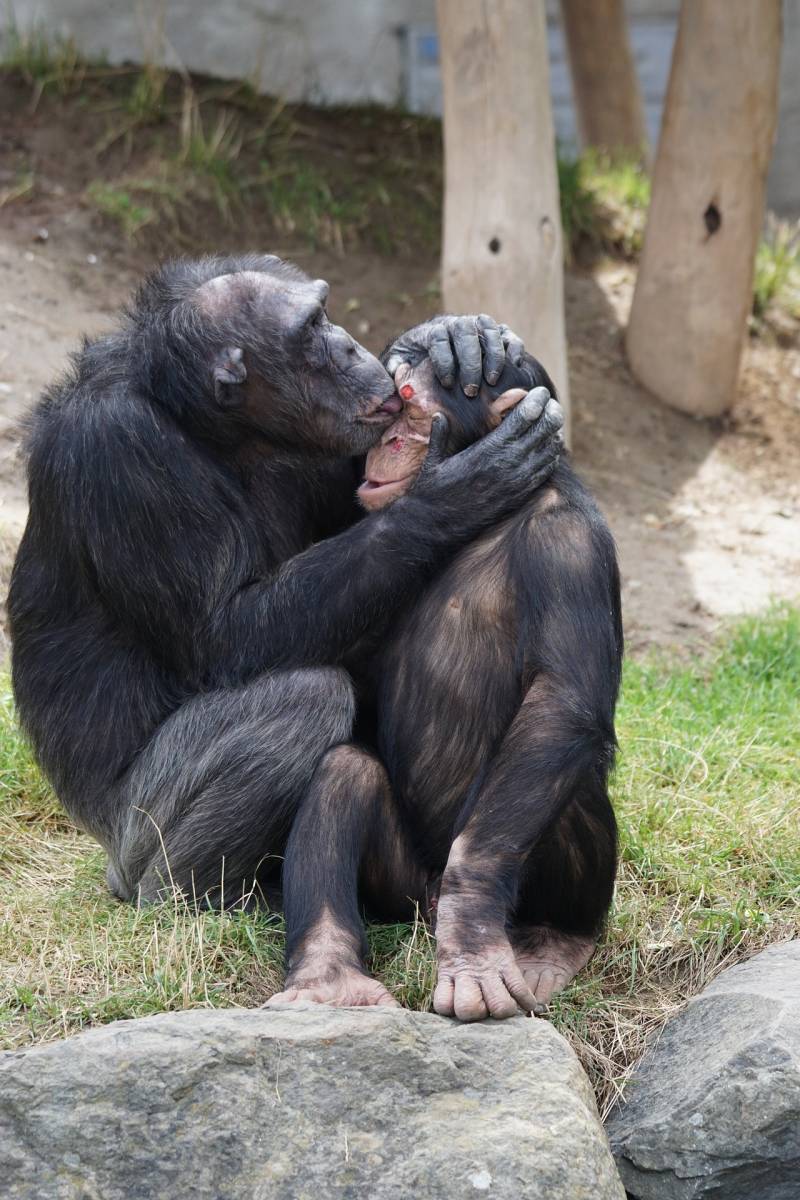 The best hope for saving them would be a vaccine that could protect them from the disease in the wild. Unfortunately, due to an ill-considered decision by U.S. regulators, the chances of successfully developing such a vaccine have diminished drastically. Chimpanzees and other great apes will die as a result.
The best hope for saving them would be a vaccine that could protect them from the disease in the wild. Unfortunately, due to an ill-considered decision by U.S. regulators, the chances of successfully developing such a vaccine have diminished drastically. Chimpanzees and other great apes will die as a result.
The U.S. Fish and Wildlife Service has moved chimpanzees that are currently in captivity from its “threatened” list to its “endangered” list. Chimps in the wild are already formally listed as endangered.
The agency’s decision will jeopardize U.S. medical research involving chimps — the very research that is closing in on an Ebola vaccine for both humans and great apes.
The University of Louisiana’s New Iberia Research Center, the largest institution for primate research in the country, has been at the center of the progress toward a vaccine that could save the lives of countless chimpanzees.
In a paper published last year in the prestigious Proceedings of the National Academy of Sciences, wildlife biologist Peter Walsh and his colleagues described how their injected Ebola vaccine produced a strong immune response to the virus in six chimpanzees. The study also noted no negative side effects among the vaccinated chimps.
 Walsh and his colleagues are now working on a new version of the vaccine that can be administered orally. That would make delivering it in the wild much easier. If the United States no longer permits research on chimps, the oral vaccine will never be developed.
Walsh and his colleagues are now working on a new version of the vaccine that can be administered orally. That would make delivering it in the wild much easier. If the United States no longer permits research on chimps, the oral vaccine will never be developed.
The authors of the paper did not fail to note the tragic irony of the government reclassification: “In an effort to pay back an ethical debt to captive chimpanzees, the U.S. Government is poised to renege on an even larger debt to wild chimpanzees,” they wrote.
Sometimes research conducted for human benefit ends up benefiting animals as well. And in some ways, animals have been the biggest beneficiaries of research involving animals. As recently as 2007, for example, millions of cats contracted a virus that can weaken their immune system and cause cancer. In 2008, after years of animal research, a treatment for the virus was developed.
Consider the case of protease inhibitors, which slow the spread of the HIV virus. Thanks to research on rodents, scientists were able save the lives of millions of people with HIV and AIDS. New research suggests that protease inhibitors may also be able to fight the fungal “white nose syndrome” that has killed more than 6.5 million North American bats since 2006.
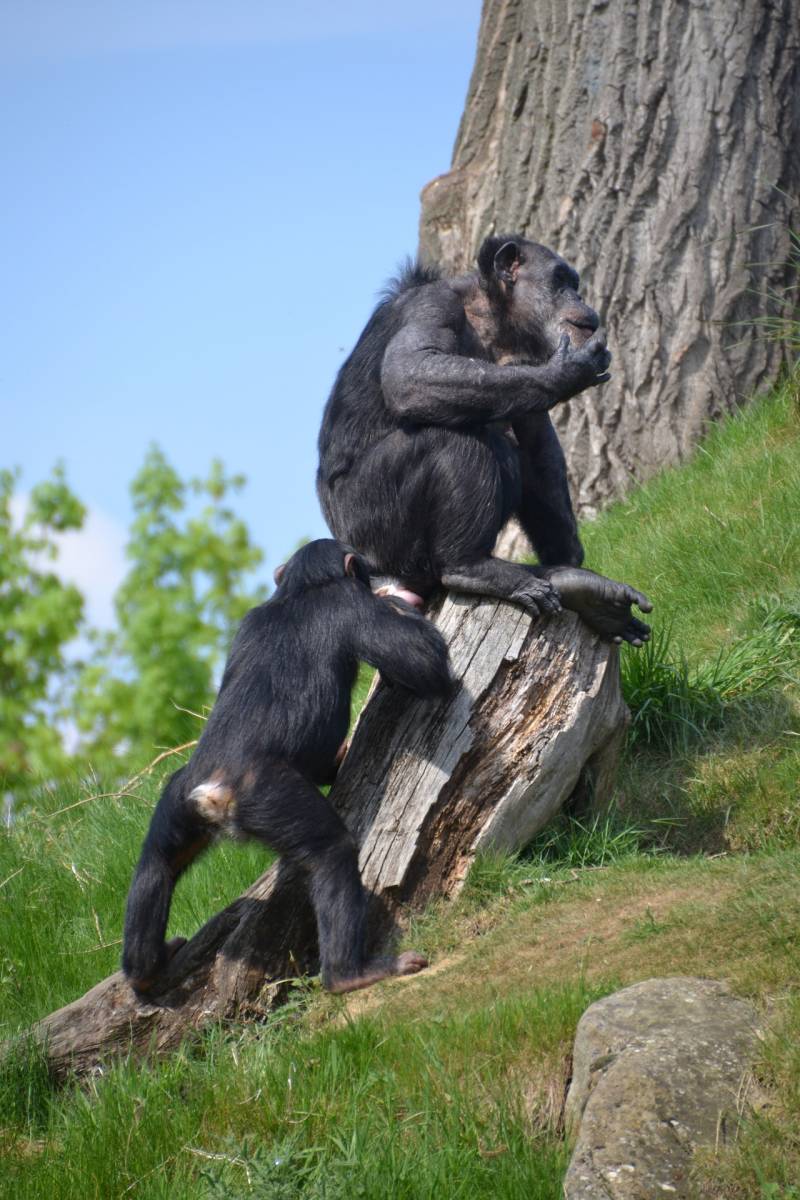 The Fish and Wildlife Service insists that despite the onerous new restrictions the “endangered” label imposes on scientists, the agency will issue permits for research intended “to benefit wild chimpanzees or to enhance the propagation or survival of chimpanzees.”
The Fish and Wildlife Service insists that despite the onerous new restrictions the “endangered” label imposes on scientists, the agency will issue permits for research intended “to benefit wild chimpanzees or to enhance the propagation or survival of chimpanzees.”
But the work of scientists like Walsh will become more difficult. Funding expensive chimpanzee research facilities is tough when studies related to human health are off-limits.
Animal research models have been crucial to improving the health and well-being of humans and animals alike. New restrictions will only end up increasing both human and animal suffering.
Animal rights activists have cheered the Fish and Wildlife Service’s decision. The wild chimps that will needlessly die of Ebola in the years to come have unfortunately been silenced on the matter.
Frankie L. Trull is president of the Foundation for Biomedical Research.

